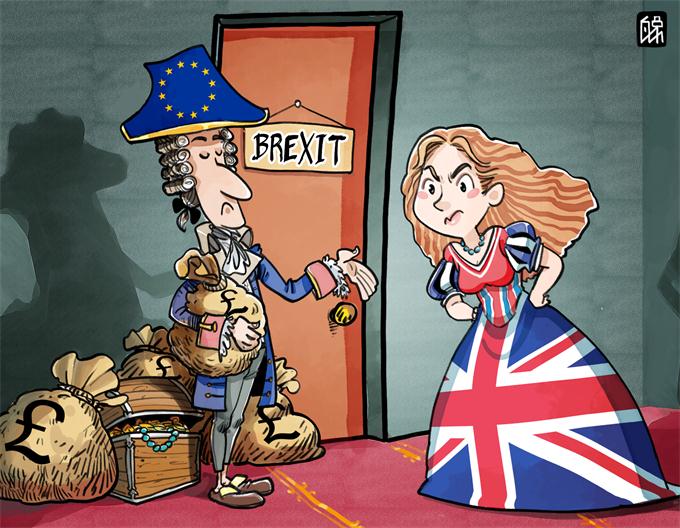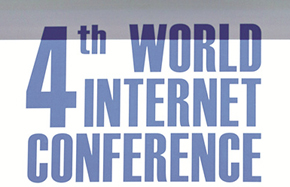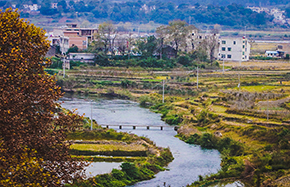EU welcome to work with China to help Africa
Nearly six out of 10 Africans today are below the age of 25 and by the middle of this century, one in four people in the world will be an African. But last year, about 5,000 migrants, mainly Africans, drowned in the Mediterranean on their way to seek shelter in Europe.
These figures were highlighted by European Union leaders at the Africa-EU summit in Abidjan, Cote d'Ivoire, on Nov 29-30 which was focused on cooperation-investing in youth and tackling illegal migration.
In simple terms, ensuring that African children do not drop out of school and college graduates get suitable jobs in their own countries is the best way to ease the migration pressure on the EU.
Facing the challenge of a different nature, an aging population to be precise, the EU leaders said investing in the youth can help the African countries tap into the potential of their demographic dividend. The emphasis is welcome, as China's experience shows that a country with a per capita GDP of less than $200 can develop into a relatively prosperous economy with a per capita GDP of more than $8,000 within four decades if its development policy is suitable and effective.
Apart from the emphasis on investing in the youth, the EU also adopted an "External Investment Plan", which mainly covers Africa and its neighboring countries to the East last year, to leverage investment from various sectors.
Basically, the EU's African policy has been changing to meet the challenges created by the financial and debt crises and the "Arab Spring". The EU has enough reasons to deepen its relations with Africa-their historic, colonial link being one-in order to meet Europe's multiple challenges as well as to bring African countries into the global economic chain.
The EU's high-tech capacity and education hubs can help the African people realize their dreams. But since many Africans are still struggling to cope with hunger and conflicts, and most of the continents' economies are fragile, the EU has to work with the international community to overcome these challenges and ensure Africa develops smoothly. And helping the two sides in this endeavor is the responsibility of all the global powers.
The reality is that the West, thanks to some Western powers' military interventions, should share part of the blame for the conflicts in Africa. Such interventions must end, and the EU should make concerted efforts to ensure that.
And while helping the Africans, the Europeans should respect the sovereignty of the continents' countries. Many EU politicians in Brussels have always been keen to promote "European values and economic systems" in Africa. The sharing of ideas and plans is welcome, but while doing so politicians should remember there is no one-size-fits-all economic development model and each country should decide its development path according to its national conditions.
Besides, Europe's development model itself faces problems. So the EU, which has benefited from China's demographic dividends by setting up factories in the fast-growing economy, can now learn from China's experiences in Africa.
The EU has been more open than the US in sharing high-tech applications with China. It has also invested in numerous capacity-building projects in China, which further strengthened the EU-China partnership. Perhaps the EU should do the same in Africa.
Capital, technology and good management are crucial for economic development in the initial stages. In this regard, the EU, apart from providing capital and technology input, should also train Africans in the art of professional management.
Just like the EU joined hands with China to establish a management school in Shanghai in the 1990s, it can work with China to help Africans to realize their potentials. The world's leading economies joining hands to help the Africans to achieve economic prosperity would be an added bonus for the African continent.
The author is deputy chief of China Daily European Bureau.





















